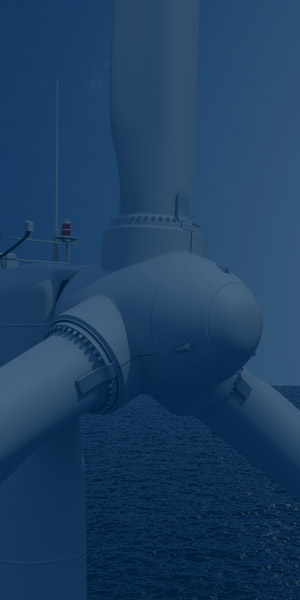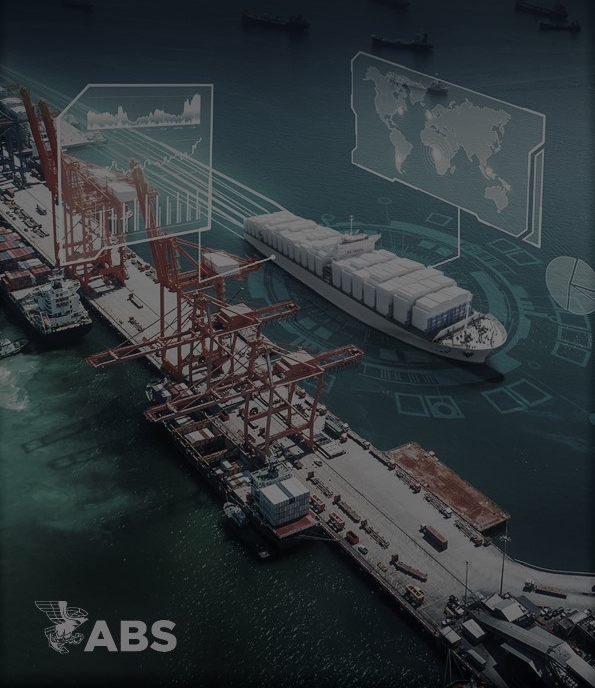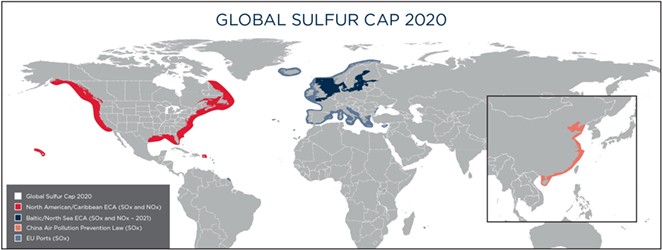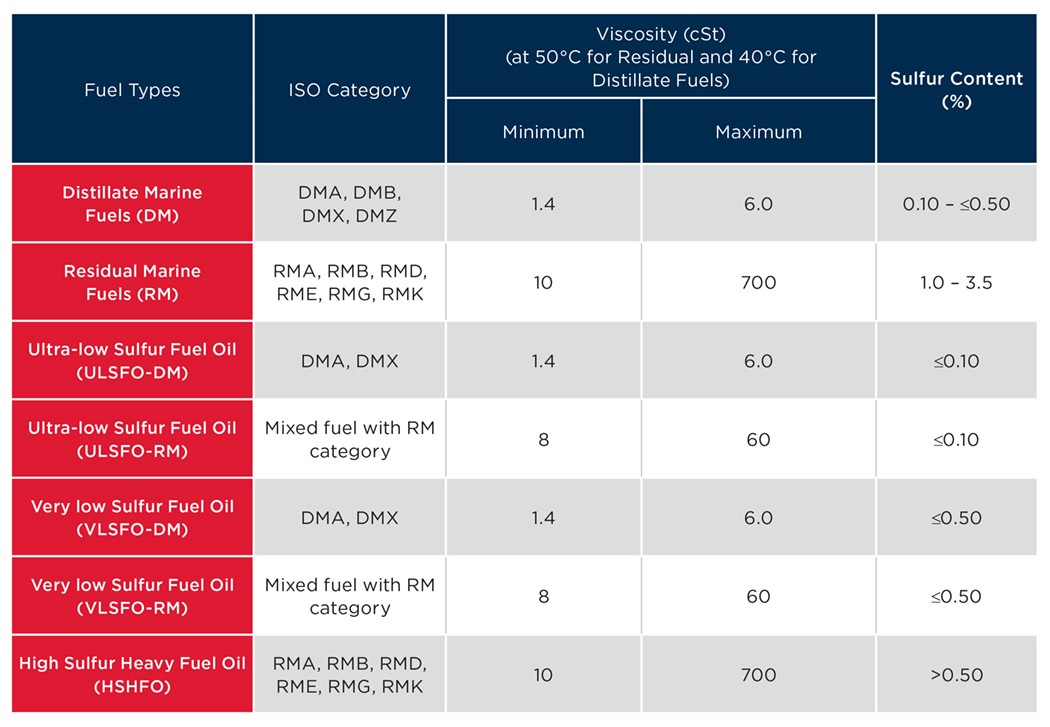Vessel owners and operators will have to consider a wide-variety of factors when choosing their compliance solution including the vessel age, operating and capital costs, fuel availability, technology solution availability and reliability and the primary trading areas.
Why Work with ABS for Air Emissions Compliance?
As a third party, ABS can provide objective input about the available technologies and alternative fuels for specific vessel types. Regulations are becoming stricter, and the best compliance solutions involve far more than purchasing a new system or alternative fuel. To find the most cost-effective approaches, shipowners and operators must tailor their compliance solutions to their fleet.
Solutions need to be viable and sustainable in the long-term. ABS is an industry leader in the marine and offshore sectors with decades of experience providing vessel operators with the technical and operational support necessary to successfully comply with regulations.
Techno Economic Analysis for Fuel Strategy
The ABS techno-economic evaluation is a tool to provide support to clients in their decision-making for the best air emissions compliance options for their vessel or fleet.
These techno-economic models are tailored to the vessel’s technical specification and operational characteristics providing insight into equipment selection and strategic business planning of a vessel.
When deciding the best technical and compliance solution, no one solution fits all vessel types. Operators must carefully weigh their decisions and any tradeoffs involved with each option.
This analysis can be done on any type of vessel, for one or an entire fleet. If it is a newbuild or existing asset, a retrofit or new design, the techno-economic analysis will leverage ABS’ extensive knowledge to provide technical guidance and detailed recommendations.
COMPLIANT FUEL SUPPORT SERVICES
A significant portion of the maritime industry considers compliant fuel the preferred solution for the 2020 Global Sulfur Cap. ABS offers a suite of compliant fuel support services for owners and operators at any stage on the compliance journey. Once the decision to use a compliant fuel is made, it is important for owners and operators to understand fuel availability and the operational impacts of each type of fuel.
The ABS Operational Assessment is a comprehensive review of the vessel or fleet that addresses operational issues and provides owners and operators with the necessary information to develop an IMO-recommended Ship Implementation Plan (SIP).
Having a SIP in place will help owners consistently implement their fuel strategy by effectively procuring and managing fuels. ABS can help owners develop a SIP or validate an existing SIP.
ABS also can issue a Statement of Fact document to validate that the chosen tank cleaning criteria was met.
Scrubber Support Services
Once the decision to use a scrubber has been made, it is important for owners and operators to understand the available technology, life-cycle costs and operational impacts of each type of scrubber being considered.
Before selecting a scrubber for your fleet, it is critically important to identify the best options based on specific vessel and operational characteristics. To inform the scrubber selection process, ABS offers a technology evaluation that helps shortlist the most suitable scrubber options.
Once a scrubber has been selected, installing a scrubber onboard introduces changes that can impact fuel supply, equipment and operating procedures, adding a new element of complexity and risk to your operations. Through a hazard identification (HAZID) and hazard and operability (HAZOP) workshop, ABS can help you identify and mitigate risks to your operations. The interactive workshop, facilitated by ABS, brings together key stakeholders, including the vessel owner/operator and scrubber manufacturer.
Whether you are just starting to explore approved scrubber systems, or you have a system selected or you have already installed a scrubber, ABS provides a comprehensive suite of guidance and solutions to help you every step of the way.






































